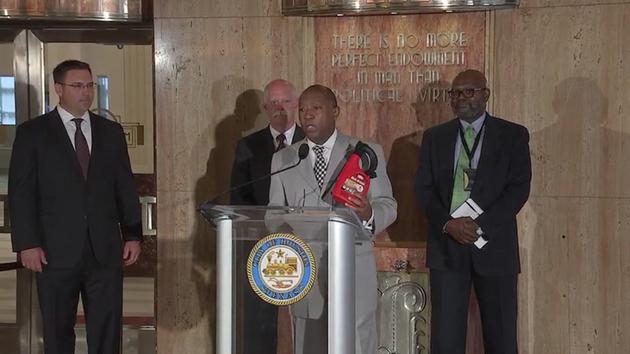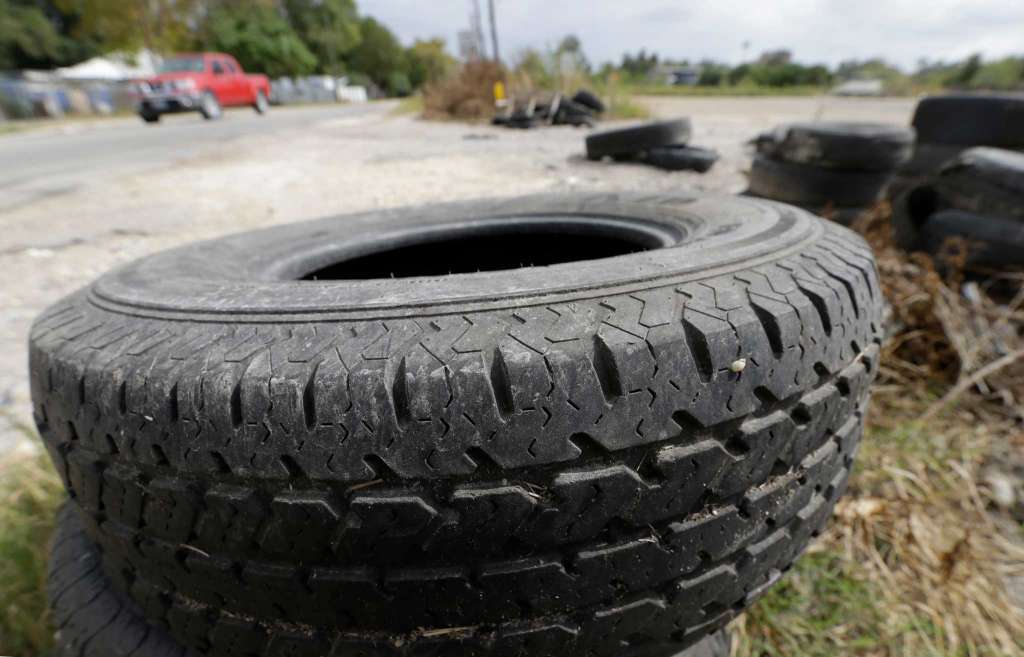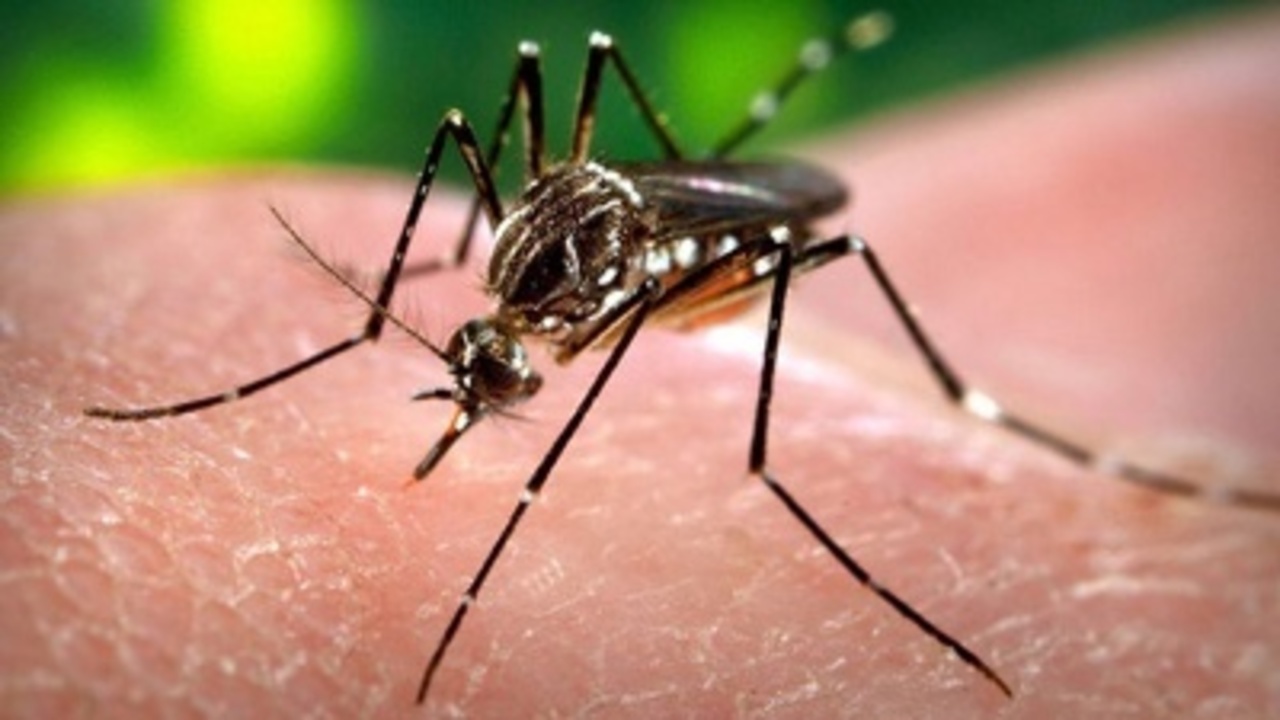
More than 35,000 tires and 4,500 tons of debris have been hauled away in the 32 weeks since the City began special weekend sweeps to clean up illegal dump sites that can serve as Zika breeding grounds. The effort, which is expected to cost the City $3.6 million this year, targets economically-challenged areas of City Council districts A, B, D, H, I and K.
“Crews are out every weekend removing tires and other junk dumped in our neighborhoods,” said Mayor Sylvester Turner. “Houston is leading the state and, possibly, the nation when it comes to attacking Zika. We’ve been lucky that we have not seen any Zika infections due to local transmission. However, I believe it is a just a matter of time. We have repeatedly asked the state for financial help, but those requests have gone unanswered. With some extra money, we could increase collection frequency beyond the weekends, establish additional drop-off locations for heavy trash and develop and distribute more informational materials.”
The City is hopeful it will qualify for a portion of the $1.1 billion set aside last week by Congress to help fight Zika. To date, the only Zika related funding awarded to the Houston area is a $1.5 million grant for surveillance, testing and prevention from the Centers for Disease Control and Prevention.
Houston and Harris County report a combined total of 58 Zika cases, all of which were infected while traveling outside the U.S. If someone contracts Zika through the bite of a mosquito in Houston, rapid response teams will be immediately dispatched to the affected neighborhood to disseminate information on Zika protection and mosquito reduction. Properties will be surveyed for potential mosquito breeding grounds and minor repairs will be made to stop mosquitoes from getting inside homes.
Residents are encouraged to follow the three Ds of mosquito defense: drain, dress, DEET! Drain standing water and keep hedges trimmed. Dress in long pants and long sleeves, keep windows and screens repaired and use air conditioning. When outside, spray exposed skin with mosquito repellant containing DEET, reapply as necessary and use netting to protect babies in strollers or car seats.


